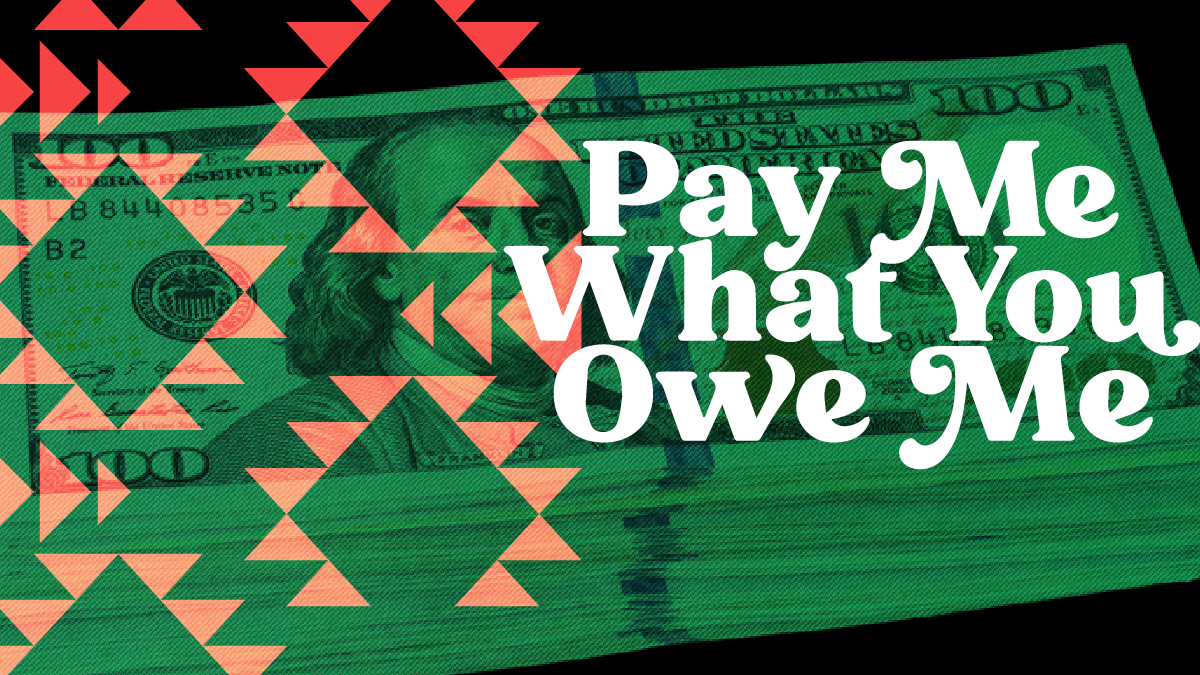Abortion rights, women of color, and LGBTQI+ people are under attack. Pledge to join us in fighting for gender justice.
Native Women Cannot Afford to Wait

Today, our country should feel ashamed.
Native women are the original inhabitants of this land. Over centuries, they have stewarded it. Throughout COVID-19, they have sustained it—continuously working on the frontlines even as we face stronger variants of this virus.
We are relying on Native women’s labor like never before. And yet, we are underpaying them… like always.
November 30 is Native Women’s Equal Pay Day—the day we recognize the wide gap in earnings between Native women and White, non-Hispanic men.
Native women working full time, year round typically lose $2,400 every month or $28,797 every year to the wage gap—adding up to a staggering loss of $1,151,880 over a 40-year career.
This is shameful… and a serious threat.
The COVID-19 pandemic hit Native communities harder than most—taking lives and threatening livelihoods at a devastating and disproportionate rate.
And because of the wage gap, Native women were robbed of the economic security they needed to weather this unprecedented storm.
For example, the annual gap of $28,797 could have paid for nearly a year of child care, 10 months of food, and 6 months of rent. It could have been a lifeline for Native women and their families during the pandemic. And it could still change lives now, as our country confronts an economic crisis where every penny counts… including those lost to the wage gap.
Those losses endanger the present—and limit the future.
Saving for retirement. Paying for higher education. Starting a business. The wage gap denies many Native women these opportunities, limiting their ability to achieve a more economically secure future. But that unjust future is not set in stone. We are already too late—but not entirely out of time.
Racist and sexist wage gaps have always existed, but the pandemic drove new, harmful economic fissures along racial and gender lines. As we recover from the economic fallout of COVID-19, we must invest in economic and social infrastructures that prioritize and protect Native women—both their health and safety in the present, and their economic security and opportunities for the future.
Native women cannot afford to wait any longer. Today, our country should feel compelled to:
- Donate to Indigenous Women Rising
- Call on Congress to pass the Paycheck Fairness Act—which would strengthen existing federal law against pay discrimination
- Advocate for policies that get us closer to achieving equal pay—including paid family and medical leave and high-quality, affordable child care
To learn more, check out our factsheet: Native Women Lose Over $1.1 Million to the Racist and Sexist Wage Gap (nwlc.org)





